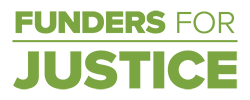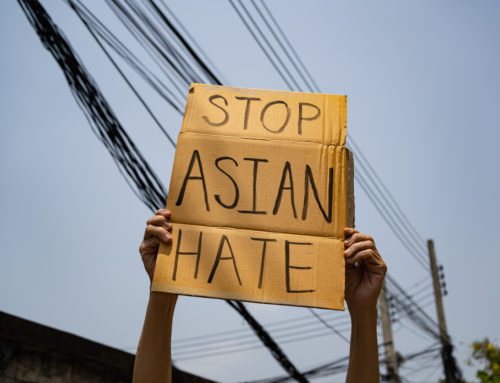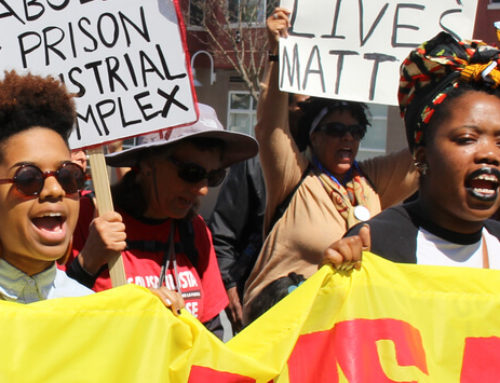The recent shooting death of African-American teenager Michael Brown in Ferguson, Missouri, is a painful reminder of the deeply entrenched divisions and tensions that plague too many American communities fractured by decades of racial discrimination, poverty, and disinvestment. As in Ferguson, tensions often simmer just below the surface until starkly revealed by some precipitating incident.
As the nation continues to grapple with the tough questions raised by the events in Ferguson, it is encouraging to recognize that philanthropy has a role to play. Michael Brown’s death and the local and national reactions to it are an opportunity to advance meaningful social change. Health philanthropy, in particular, is uniquely positioned to address the issues that underscore the turmoil in Ferguson.
The complex challenges facing this community and others like it are deep and multilayered—social marginalization, crumbling schools, unaffordable housing, high unemployment, and an eroding social safety net. All of these challenges point to the underlying social, economic, and environmental forces that shape the health of communities. Violence, poor living conditions, and weakened social cohesion threaten the safety and well-being of neighborhoods. African-American men, in particular, bear the brunt of unequal treatment and diminished opportunities. They have the shortest life expectancy of all groups in the United States, and many die of homicide while still young.
While these problems may seem intractable, philanthropy offers multiple pathways to building strong, healthy, and resilient communities in Ferguson and beyond. Funders can bring their resources, innovative thinking, convening power, and broad influence to bear to create transformative change. Addressing underlying conditions in Ferguson and other communities will require long-term investments to improve education, housing, jobs, health care, and mental health services; to expand opportunities for young men and boys of color; and to reduce social marginalization.
This work will not be easy. It will require bold cross-sectoral solutions. It is critical that health funders partner with and learn from others, including racial equity funders, civil rights activists, police reform advocates, and social justice organizers.
Looking ahead, Grantmakers In Health will continue to lift up ways funders can respond to the needs of communities like Ferguson. We also hope to foster more funder conversations about social justice and health equity.

 President and CEO Program Director
President and CEO Program Director
Grantmakers In Health Grantmakers In Health


